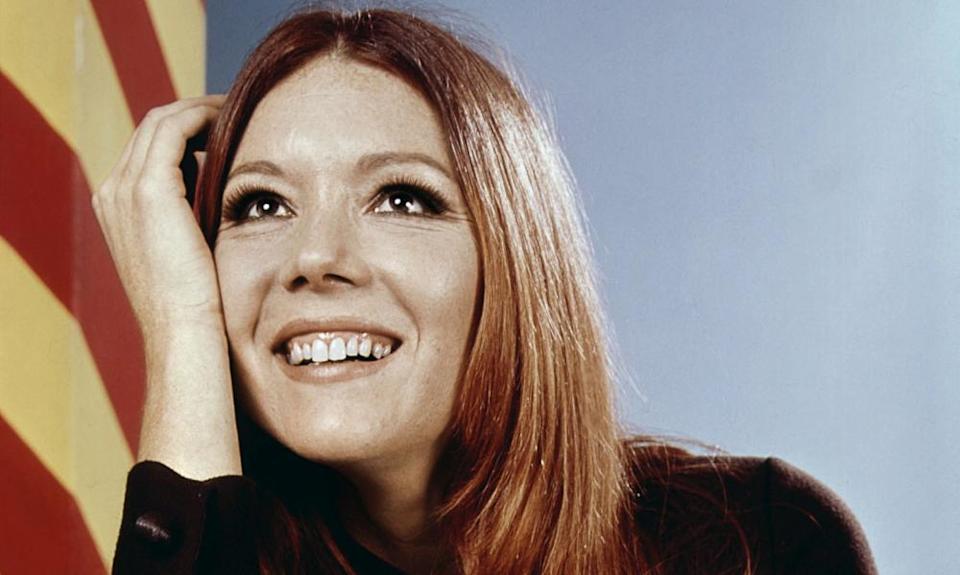As Diana Rigg's understudy, I never tired of watching her – she was splendid

Diana Rigg and I began as walk-ons together in the RSC, and she went on to stardom after a lucky break in The Comedy of Errors in 1962. Her role as Adriana revealed a fine Shakespearean actress and a fine comedian, and the stunningly sexy costumes by Anthony Powell hinted at other possibilities ahead. (I don’t like the word “sexy”, and don’t think I’ve ever used it before, but for once there is no option.)
I understudied Diana’s Cordelia in Peter Brook’s King Lear, and as I had no spear-carrying role I sat in the auditorium or in a dressing room every night of the run. Never did I tire of watching this astonishingly powerful production. Diana was splendid and her wicked sisters, Irene Worth and Patience Collier, were equally memorable. I can hear them all now. The last scene, where Paul Scofield as Lear mourned his daughter, was almost unbearably moving. Diana was quite tall, but Scofield carried her dead body unflinchingly, as I recall, and without too many irreverent jokes.
The whole cast, including the understudies, went to Paris when the play was on tour and we witnessed Diana being embraced backstage by an effusive Marlene Dietrich. These were days of high glamour. It was my first time on an aeroplane, and travelling with the whole of the RSC was a heady experience.
Diana’s demeanour in real life was most unlike Cordelia’s, and her vocabulary was racy and rich. I once put one of her more colourful remarks about a fellow actress in a novel, and my squeamish (male) editor begged me to take it out. I think I left it in, but I wouldn’t know where to look for it. Like her colleague Judi Dench, she knew how to make people laugh, and she was good company. I understudied Judi as Titania in Peter Hall’s 1962 production of A Midsummer Night’s Dream, in which Diana played Helena, a role she reprised in 1968 for the movie, with Helen Mirren as Hermia. Again, it was a magical performance, in which Diana’s height was more of an asset than it had been as Cordelia. Her comic timing was faultless.
After Stratford, I watched her on television and on the screen, admiring her meteoric rise in performances that didn’t interest me so much: both she and Judi managed effortlessly to bridge the gulf between Shakespeare and James Bond, but I was never a Bond fan.
The last time I saw her on stage was in a rather tired performance of Pygmalion, but I have much happier memories of our last ghostly meeting in the flesh. We were both washing our hands in some grand powder room, possibly at the Savoy, and our eyes met in the mirror, and we both laughed at the comedy of life. There was something strange and timeless and delightful about this mirror meeting. We are such stuff as dreams are made on ...

